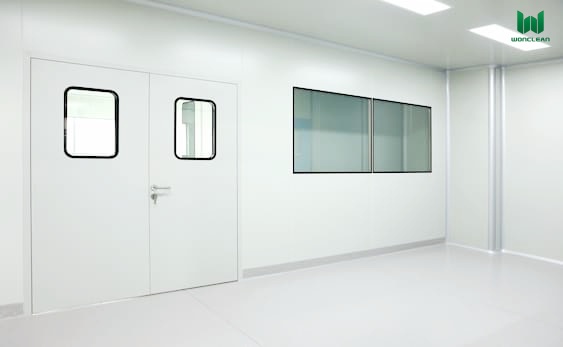What If Your Lab Could Adapt as Fast as Your Research Demands?
Gone are the days of rigid, fixed laboratories that take years to build and become obsolete upon completion. The future belongs to modular laboratories – dynamic, scalable environments engineered to keep pace with rapid scientific evolution. Imagine responding to a breakthrough not with costly construction, but by seamlessly integrating pre-fabricated modules. This is not just flexibility; it is a strategic advantage. Whether accelerating drug development, scaling semiconductor R&D, or deploying rapid-response testing units, modular design transforms your facility from a static cost center into a dynamic engine of innovation.
Unlocking Agility in Scientific Operations
While dramatically reduced construction time—from years to weeks—is a key benefit, the true value of modular labs lies in their operational agility. In pharmaceuticals and biotech, this approach enables rapid establishment of GMP-compliant cleanrooms for cell therapy or vaccine production. Modules can be reconfigured to create new, classified environments without disrupting adjacent work, ensuring compliance and continuity. For semiconductor and electronics labs, advanced vibration-dampening platforms and redundant HVAC systems maintain strict environmental controls, safeguarding sensitive nanoscale fabrication against fluctuations.

Precision-Engineered for Performance
A modular laboratory is a high-performance system built with precision. Its core relies on advanced panels like medical-grade HPL or rock wool-cored steel panels, which provide fire resistance, thermal insulation, and structural integrity. Critical utilities are routed through pre-engineered ceiling grids and service poles, embodying a "plug-and-play" philosophy centered on components like FFU ceiling grids. This smart infrastructure simplifies maintenance, upgrades, and sensor integration, laying the groundwork for IoT-enabled, data-rich labs of the future.
Selecting a modular lab is a strategic decision that requires an expert partner who understands both engineering precision and scientific demands. Wonclean specializes in turnkey modular cleanrooms and laboratories, delivering integrated solutions—from regulatory guidance (e.g., ISO 14644, GMP) to installation and support. If you are planning a new facility, expanding an existing one, or need a specialized R&D environment, contact us to build a lab as innovative and adaptable as your research.